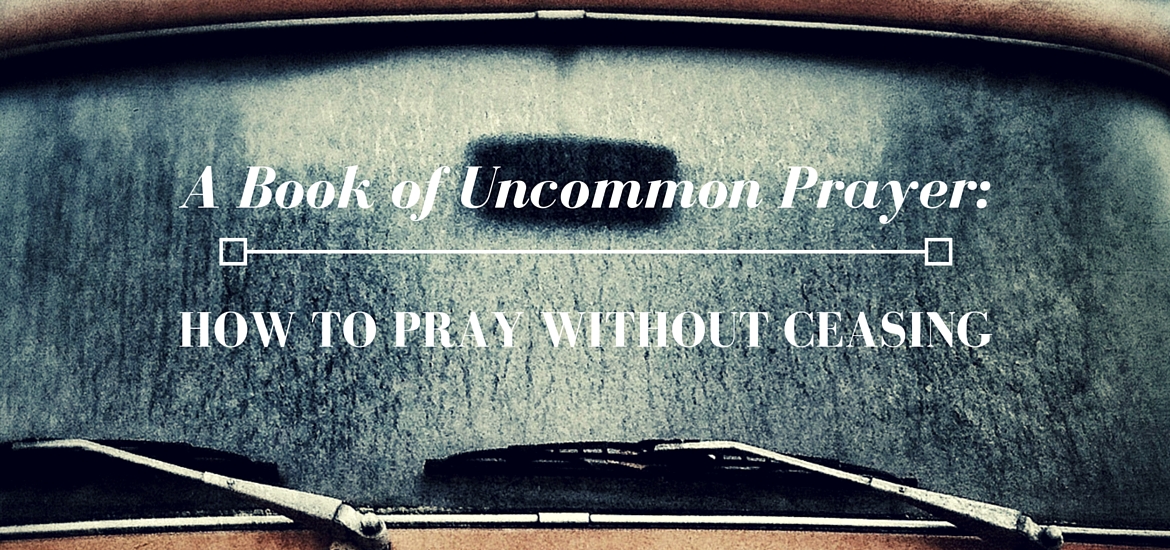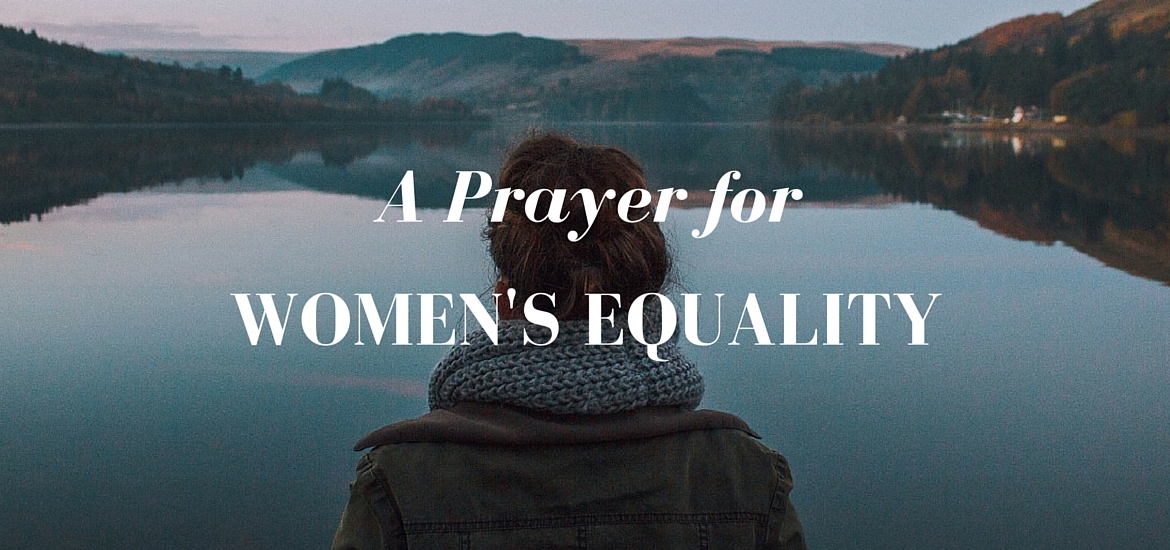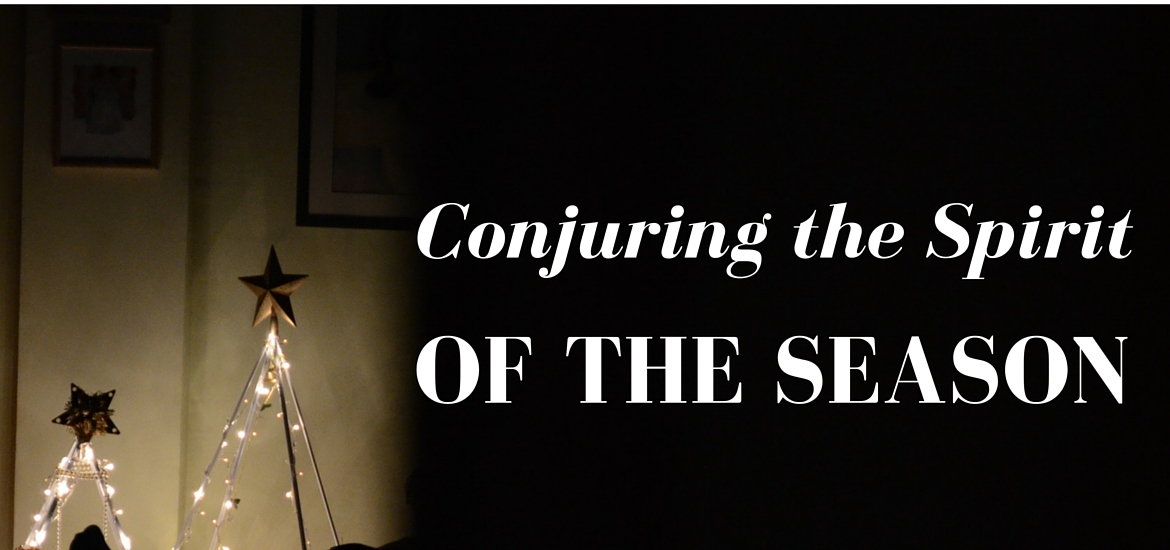The title first caught my eye: The Book of Uncommon Prayer. I’m a lover of the Book of Common Prayer, and I can’t resist a hint of irreverence. The table of contents promised prayers for “cashiers and checkout-counter folks” and for “muddy paw prints on the kitchen floor;” prayers for every layer of modern human life, from the mundane presence of port-a-potties to the heartbreaking reality of people whose dads left them as kids.
I had expected to find short blessings that could be spoken in strange places or at times when our own BCP feels a little stiff or distant. What I actually encountered was page after page of Doyle’s sincere, most-well-intentioned thought-rambles.
To name his prayers as ramblings may sound dismissive, but it’s meant in the holiest of senses. Doyle writes as though he’s the scribe of the voice that narrates the thoughts in our heads — that kind of focused run-on-sentence that deals with life as it comes, that helps us narrate our days and our identities, that talks us into wanting the best for others.
When reading his “Prayer for the Men & Women Who Huddle Inside Vast Rain Slickers All Day Holding Up STOP Signs at Construction Sites & Never Appear to Shriek in Despair & Exhaustion,” it felt as though I myself were behind the wheel of a car on a rainy day, idling past one of those workers, and that these are the thoughts that may go through my head. “I pray for warmth for you. Less rain. No idiot drivers whizzing past… I pray that you are getting paid decent wages.”
The real gift of Doyle’s work to us is not the words of the prayers themselves, which I doubt will ever be read over bowed heads at family gatherings. Rather, his gift is the recognition that all thought is prayer. And with that, the recognition that some thoughts are perhaps more worthy prayers than others.
St Paul reminds us to “pray without ceasing,” to pray “at all times with all kinds of prayers and requests.” I’ve heard people say that Paul was exaggerating, that he certainly didn’t mean to pray all the time, just to pray a lot.
But what if Paul did mean what he wrote?
What if the voice in my head could be nudged into giving up its criticisms and its concern for my schedule and its constant readying for the next thing, and instead became attuned to the people, animals, places, and items in its midst? What if my inner critic was re-formed into a silent chaplain?
Doyle’s work reminds readers how many opportunities we have to bless the world as beings and things come into our sight each day. We each have an unlimited abundance of blessing to offer.
From where I’m sitting, I can send blessings of gratitude on my dog for his (not entirely necessary) watchfulness; blessings on those who grew, picked, and dried the tea leaves in my cup; a prayer for good working conditions and fair wages for those who built my computer; a prayer of deep gratitude to anyone who takes the time to read my words; and of course, a prayer of appreciation that Brian Doyle reminded me of the power of my prayers.
These prayers may do nothing for their recipients, though we can hope alongside Doyle that they may feel a surge of joy for reasons they do not know. But the prayers will undoubtedly do something for us who mumble them, instilling us with gratitude, forming us to notice the whispered cries for justice, orienting us towards love.
So: a blessing on Brian Doyle, who didn’t at all punt it like he was afraid he would; who was transparent in his humanity for the sake of his readers; who not only gave us some lovely thoughts but more importantly showed us how it’s done. I pray the process of writing it was at least as formative as the process of reading it has been. I pray he’s proud of his work, and not too self-conscious about letting all us readers inside his head and his heart. And I pray he feels a surge of joy right now for reasons he does not know. And so: Amen.
Questions: What people, pets, or items call for your blessing in your immediate vicinity? Share in the comments below.









